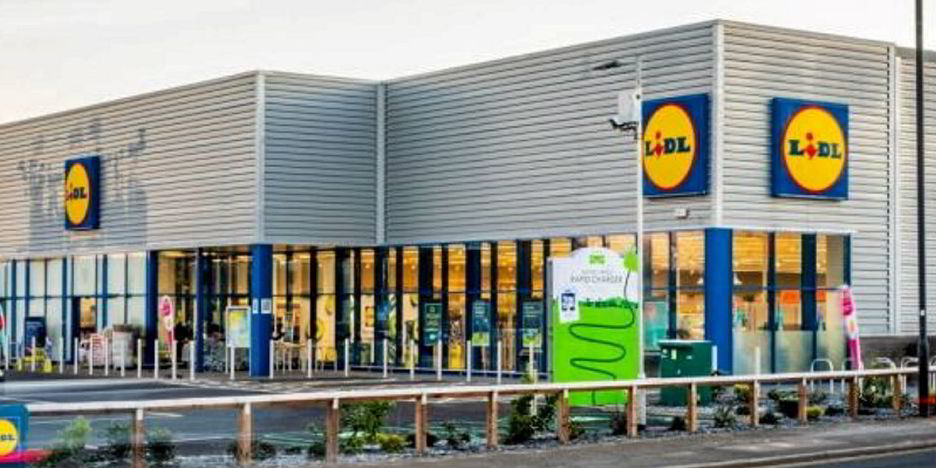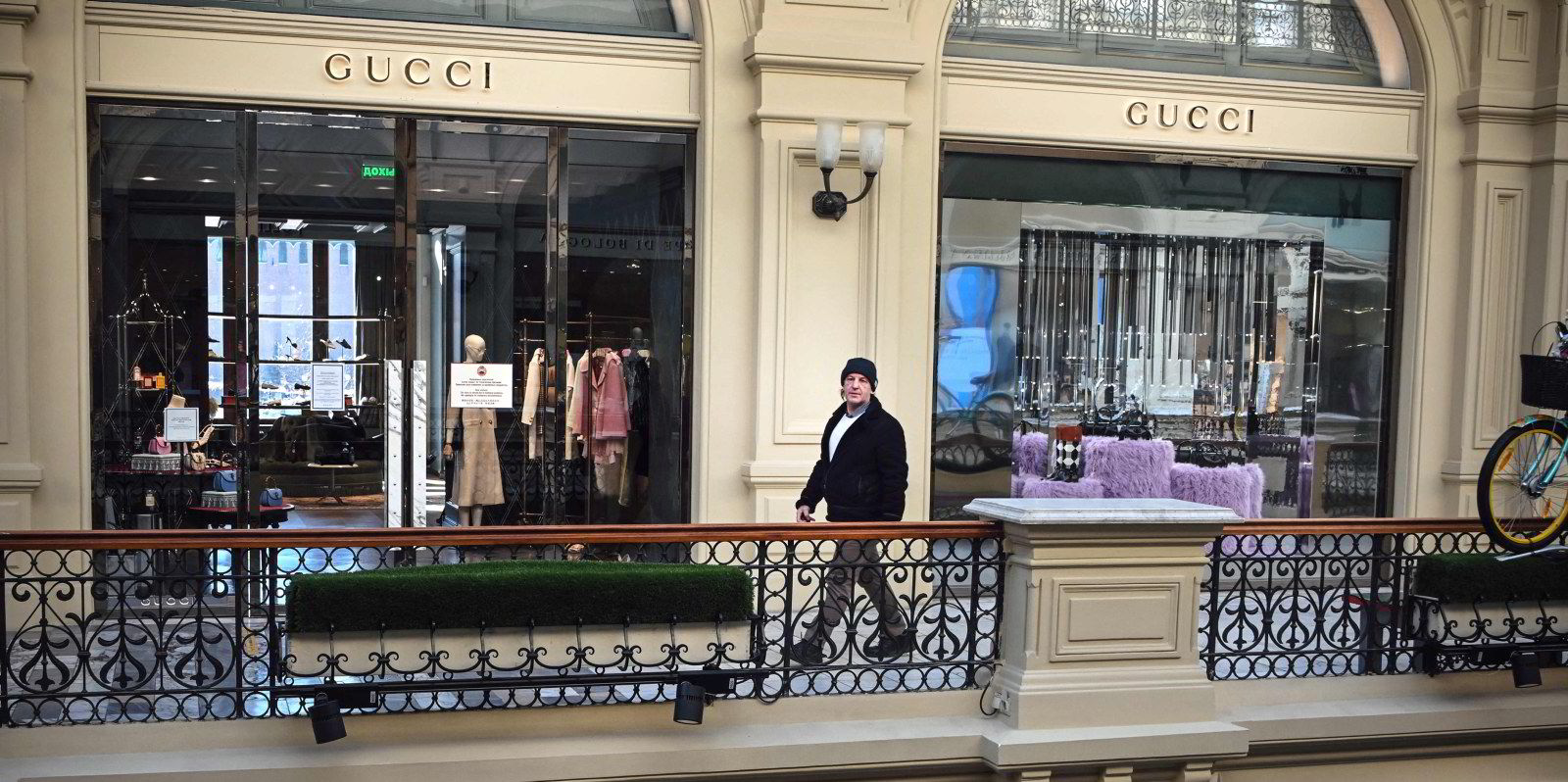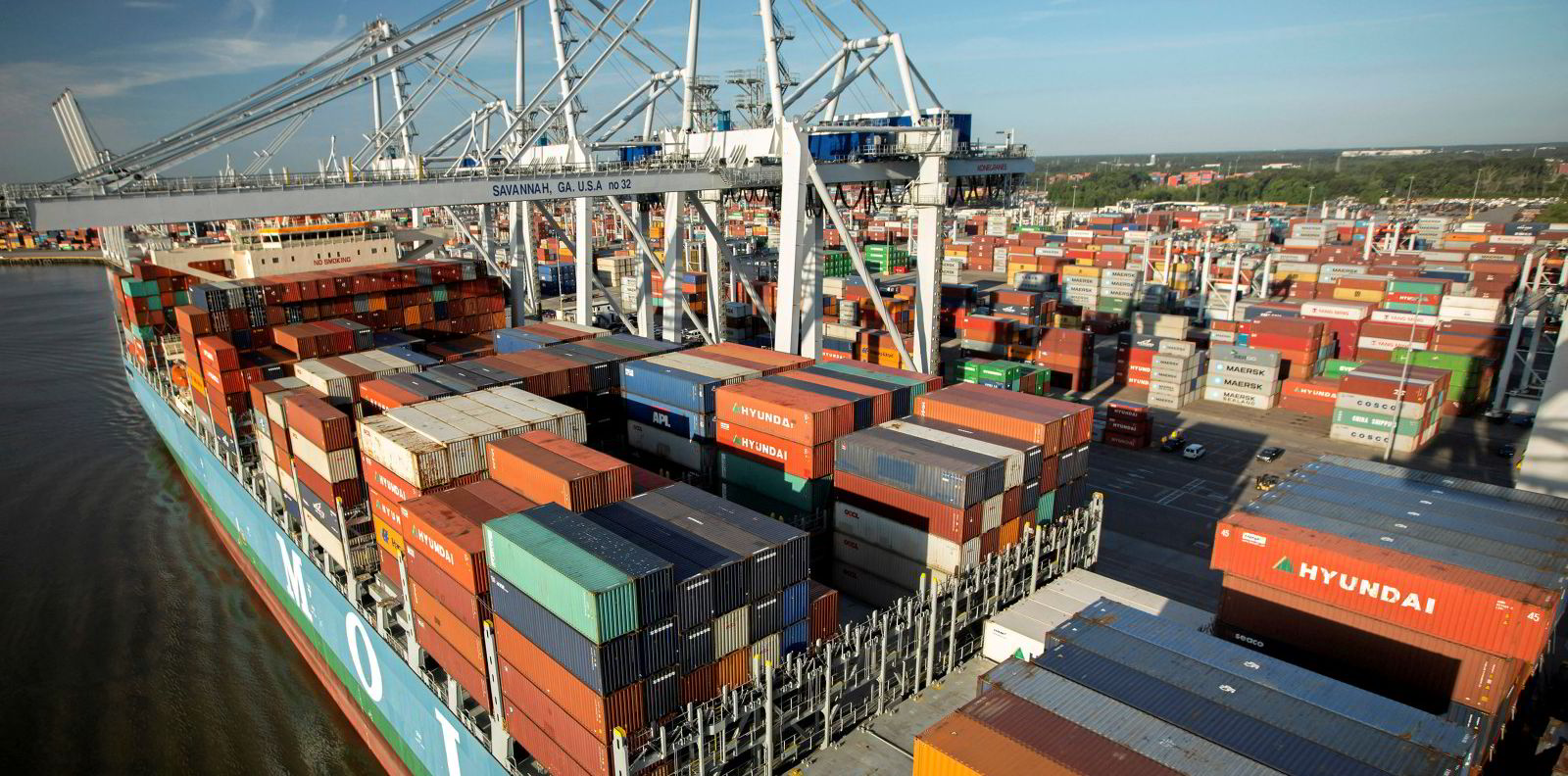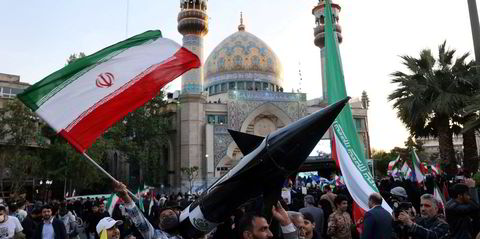German retail giant Lidl is setting up its own shipping operation, Tailwind Shipping Lines.
It is the latest retailer seeking to take greater control of its shipping requirements to tackle supply chain problems and high container shipping costs.
But Lidl is going a step further than rivals and plans to operate a shipping line under its own banner.
The supermarket has applied to the European Union Intellectual Property Office to use the Tailwind brand for purposes including cargo ship transportation, delivery of goods and freight forwarding.
Lidl, which is part of the Schwarz retail group, aims to put its own ships into service by the middle of the year, according to German media sources.
The reports cite Wolf Tiedemann, who heads logistics at the German retailer, as saying the goal is “to manage the increased volume of different production facilities more flexibly in the long term”.
He told Lebensmittel Zeitung that the company will continue to work with its usual shipping partners, but wants to be more independent.
Lidl is making the move after unsuccessfully seeking to invest in an existing shipping operation last year, the reports claimed.
Desperate end users
Details on ships, routes and departure frequency have not been given.
Lidl is one of Europe’s leading organisations in the food retail industry, with more than 200 warehouses and distribution centres in 30 countries.
Its move mirrors efforts by desperate end-users that have been wrestling with high freight costs and supply chain problems.
TradeWinds has reported on a series of chartering and even newbuilding deals done directly between traditional liner shipping customers and shipowners or shipbuilders.
Due to a shortage of container ships, most of the vessels secured by retailers have been multipurpose vessels and small bulk carriers.
Most recently, Shenzhen-listed manufacturer Loctek ordered for its own use an 1,800-teu container ship for a reported $32.6m from Huanghai Shipbuilding.
Companies including Ikea, Walmart, Costco and Home Depot have previously chartered vessels directly.
Coffee chain Starbucks has chartered MPP vessels for bespoke voyages, while soft drink giant Coca-Cola has chartered bulkers for palletised cargoes of artificial sweeteners that would normally have shipped in boxes.






